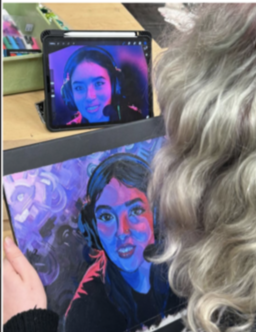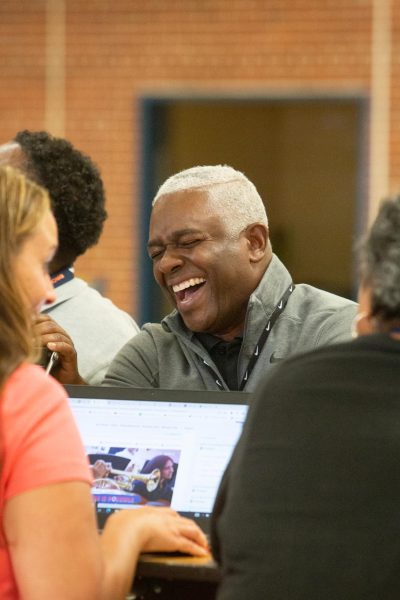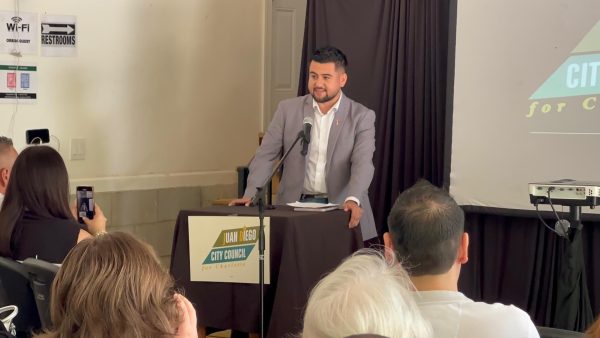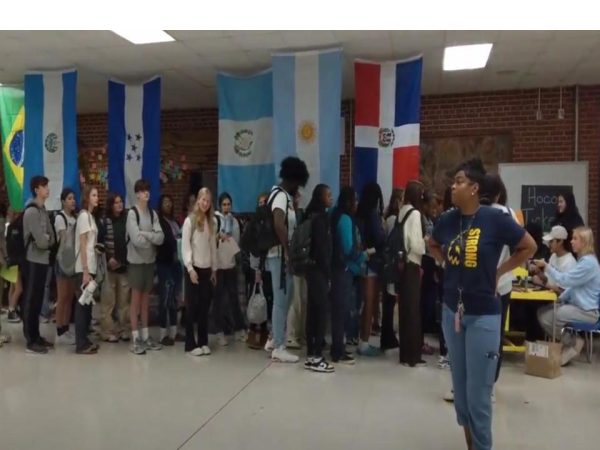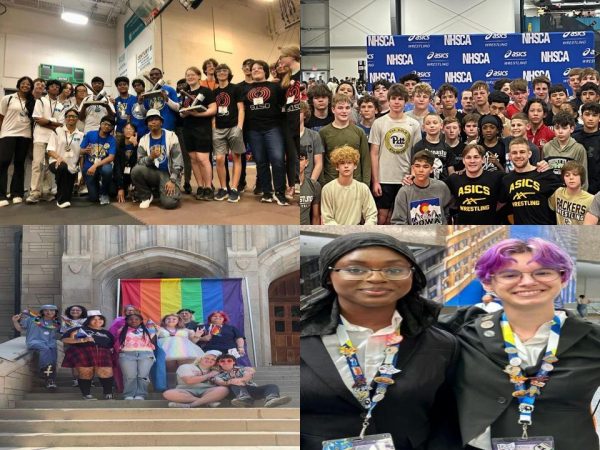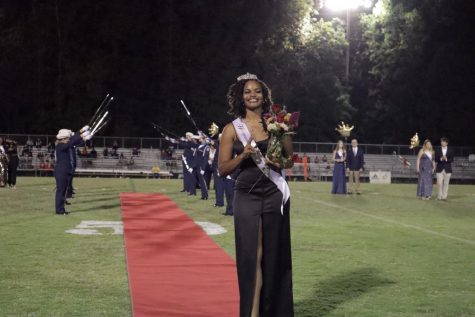Eagles fly to Costa Rica
They walked across the rope bridge and feasted their eyes on one of the most magnificent sights they’d ever seen; ripe cacao trees surrounded them on all sides.
After all, they were at a chocolate plantation in Costa Rica. This was one of the many amazing things that students from East experienced on the June 2017 trip to Costa Rica.
Teachers Kathryn Kinser, Jonathan Janus and Daniel Henry took six East Meck students on the trip of a lifetime. They went to Atenas, Costa Rica for eight days. This was Ms. Kinser’s third trip to Costa Rica and her second with the school. Her goal is to make it an annual trip.
“With us trying to become a global school we thought that that was more of the words and not really the actions, and I wanted to help East Meck with the vision of it,” Kinser said.
There was a base fee of about $1,800. The students reached their personal goals by participating in different fundraisers throughout the year. In addition to the school fundraisers, they wrote letters to friends and family asking for donations to help them reach their personal goals.
Senior Grace Friedheim and junior Chris Ortega were two students who went on the trip. For each it was their first time out of the country and both felt it was an amazing experience.
Over the course of the weeks, they went hiking up a mountain just for food, walking around an 81 acre pineapple plantation and, of course walking through a rainforest to get to the sweet cacao farm. They got fresh pineapple straight from the bushels and learned about the process of making chocolate from cocoa.
Before they left for the trip, the group learned that they would be staying with host families for the week. Friedheim had a great experience with her family. The host mother spoke fluent English while the father spoke almost exclusively Spanish.
“Other people were put with families who only spoke Spanish and most of them used Google Translate to communicate. I think I got pretty lucky,” Friedheim said.
Ortega was put with a family who only spoke Spanish, but he thought that it made it a more authentic experience.
“The family I stayed with consisted of an elderly dad, his wife, their two grown daughters, and one of them had a daughter of their own. So, including myself, it was six people in total. But they didn’t speak any English at all, so that was terrifying. I ended up downloading an app and just using that. It helped a lot,” Ortega said.
The days spent in Costa Rica were split in half. The first half of the day was for service activities, such as helping out at and elementary school and a retirement home, while the second half was dedicated to doing more cultural based activities.
They took multiple hikes and visited many great places. In the evenings, they had the choice to leave the group and undertake other activities.
“Me and the guys almost every night went to one of the parks and played basketball with a group from Habitat for Humanity. And there was a group of about twenty-something kids there. We played basketball with them almost every night,” Ortega said.
Friedheim and Ortega felt like the trip was more of a learning opportunity than anything else. They both urge anyone who has an interest in getting better at their Spanish or learning about a new culture to go on the trip, which will take place spring break of 2018.
Your donation will support the student journalists of East Mecklenburg High School. Your contribution will allow us to purchase equipment and cover our annual website hosting costs.



